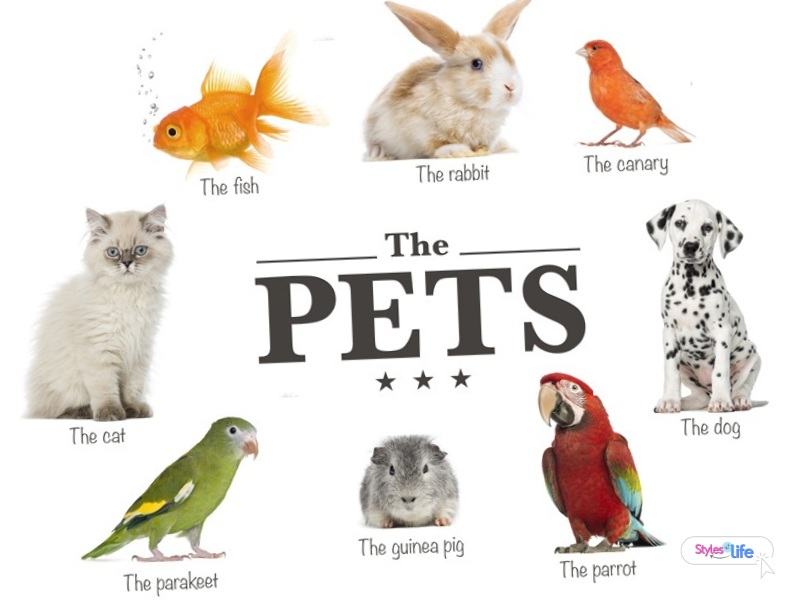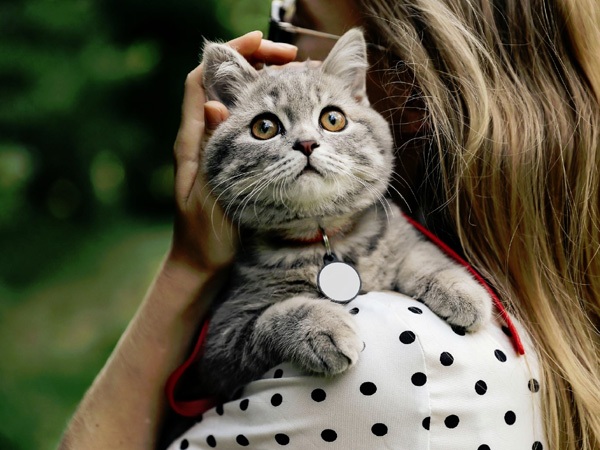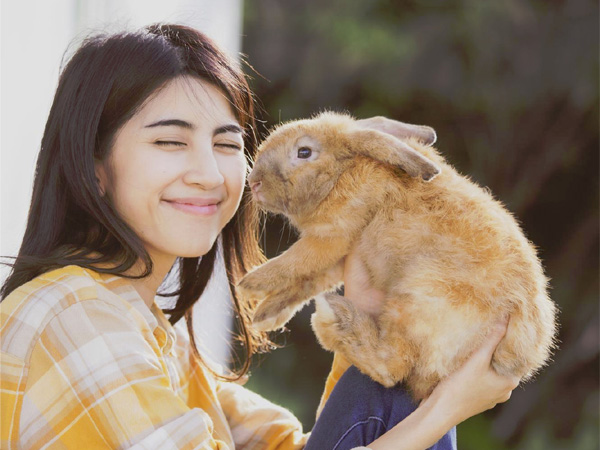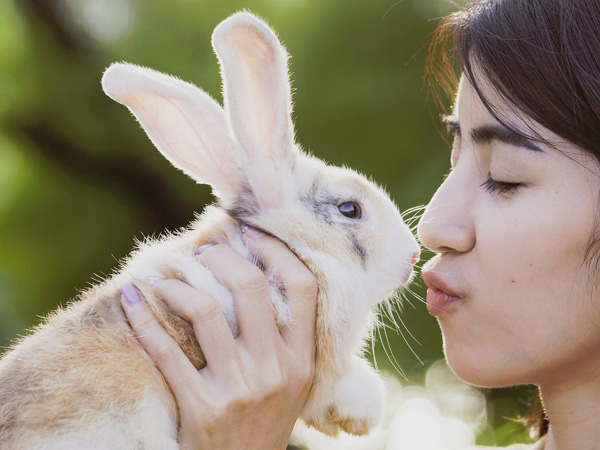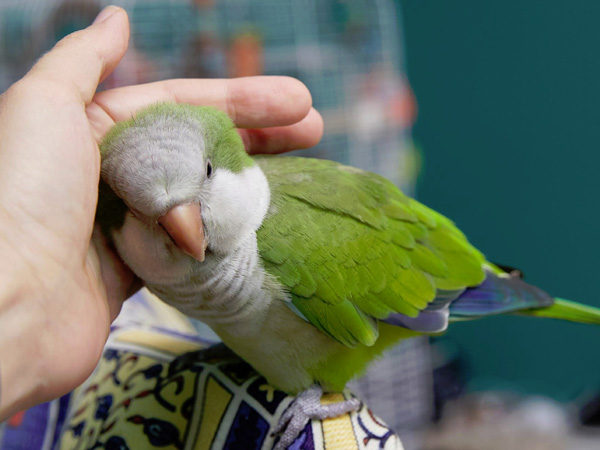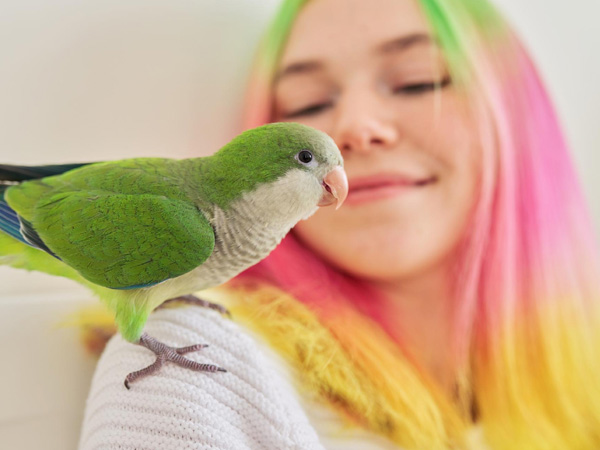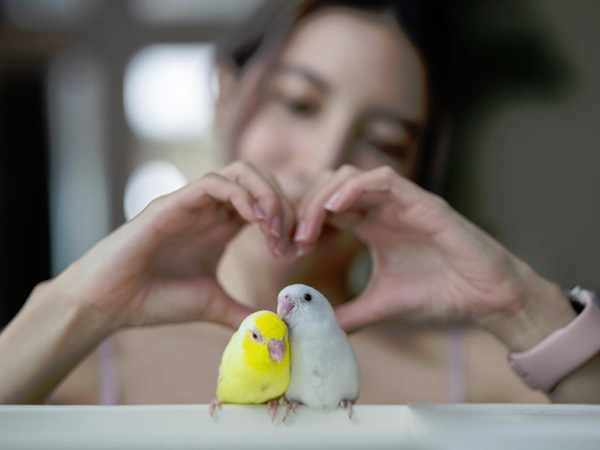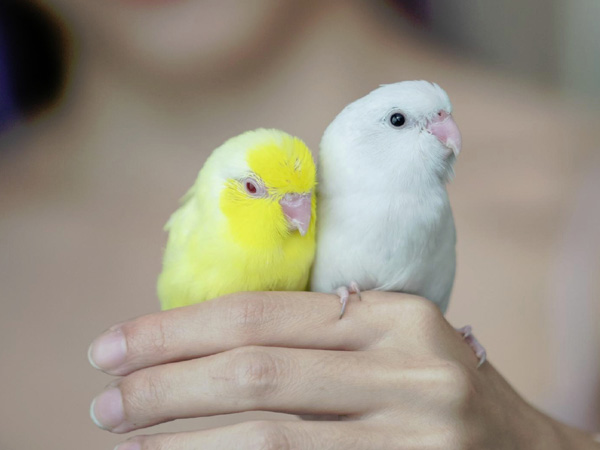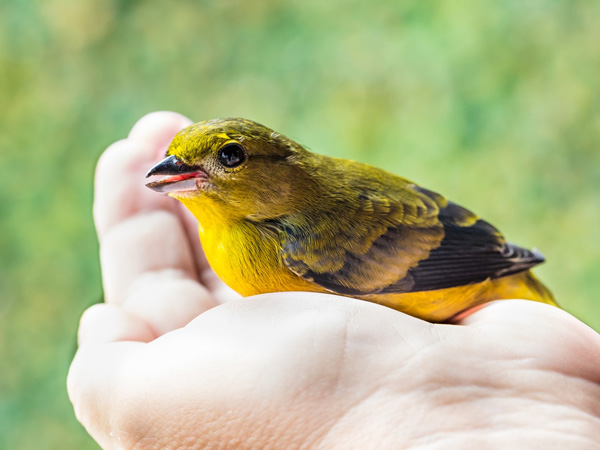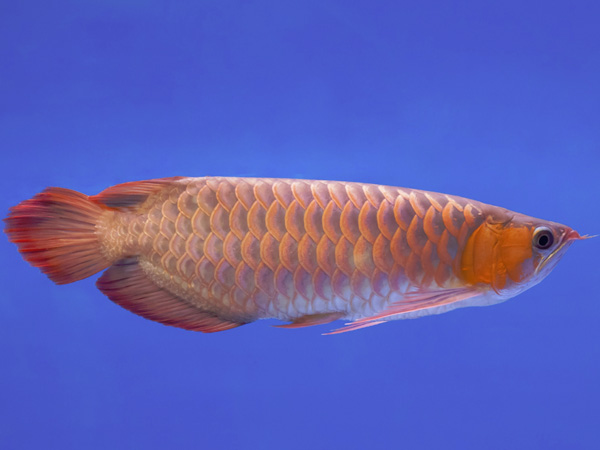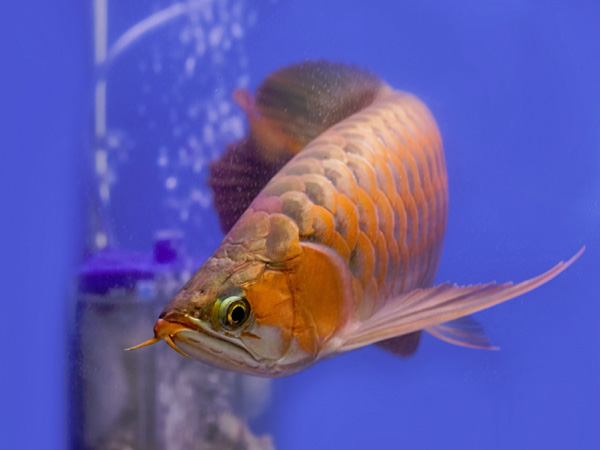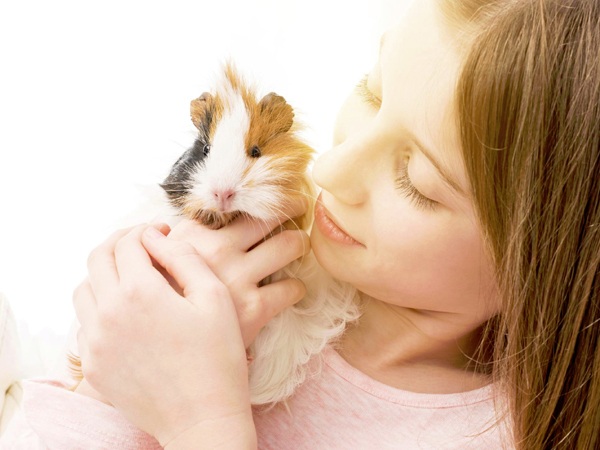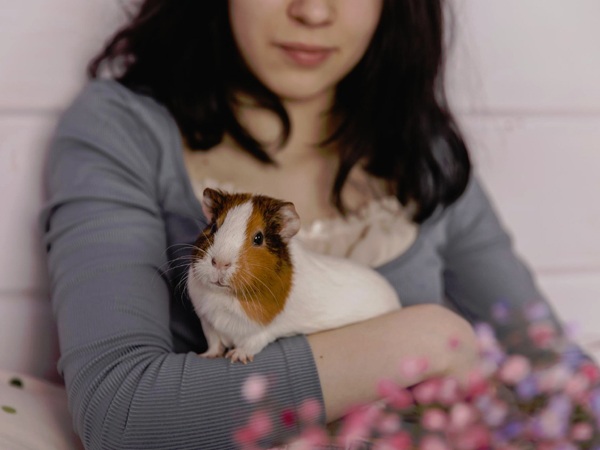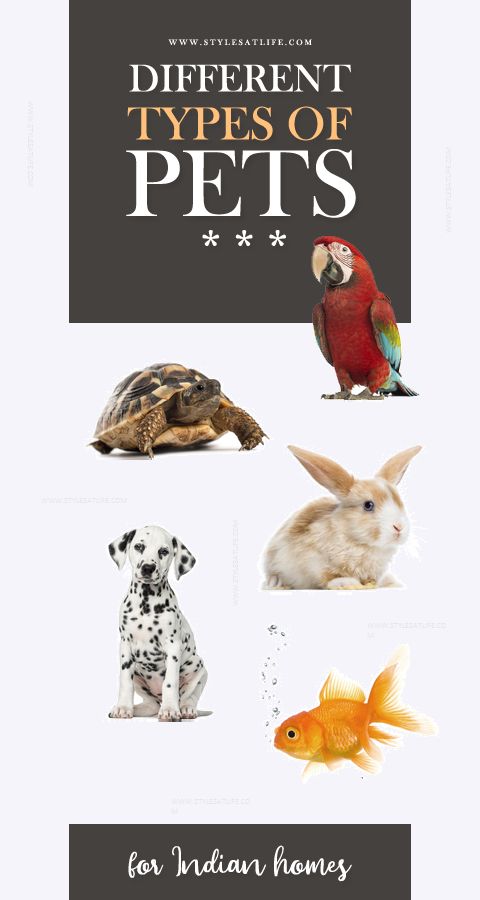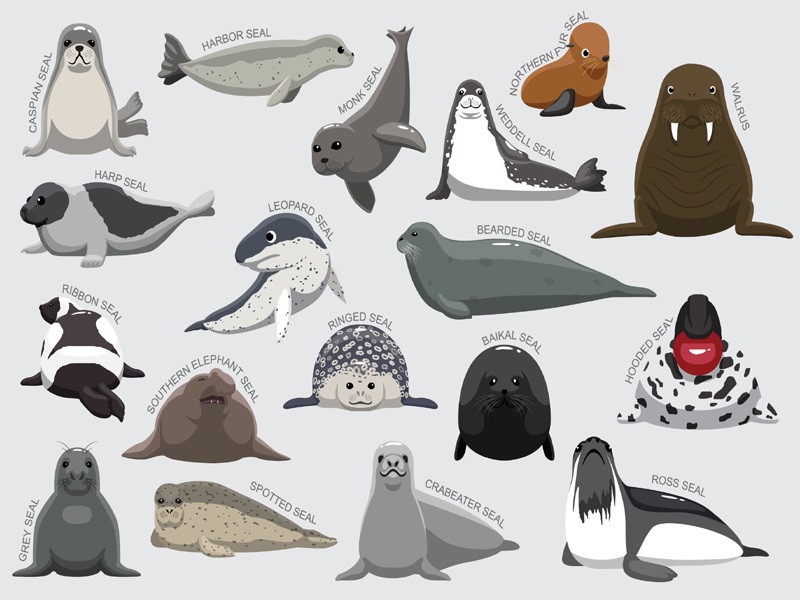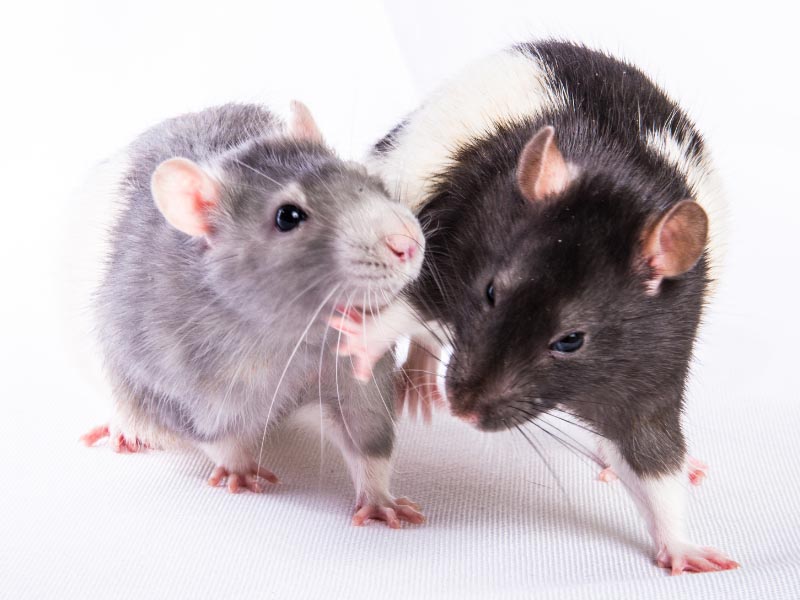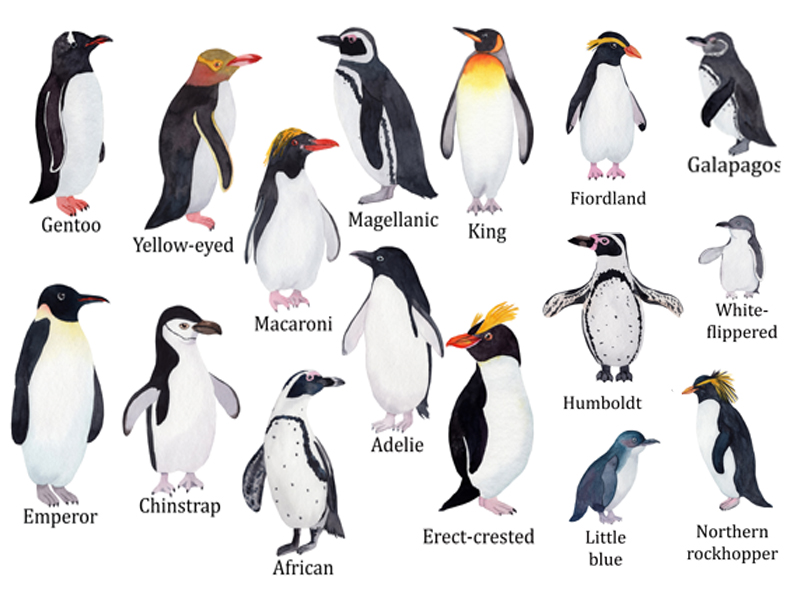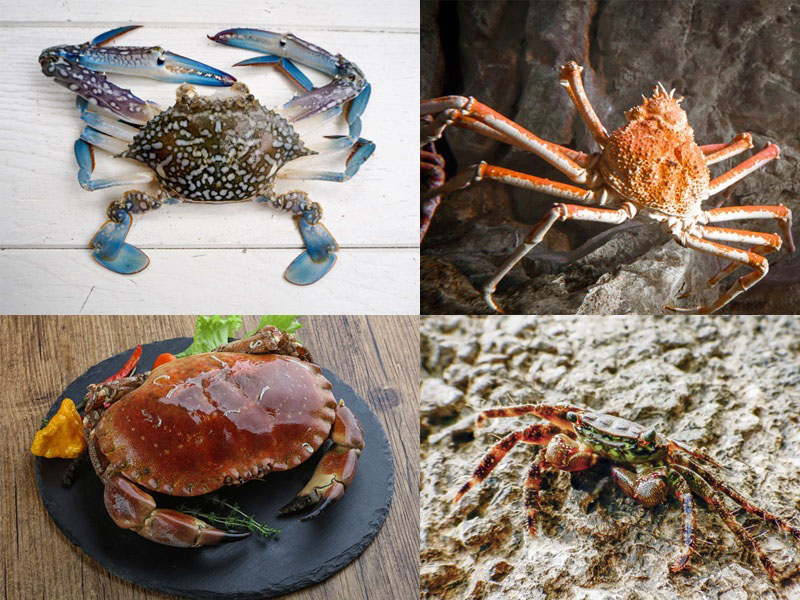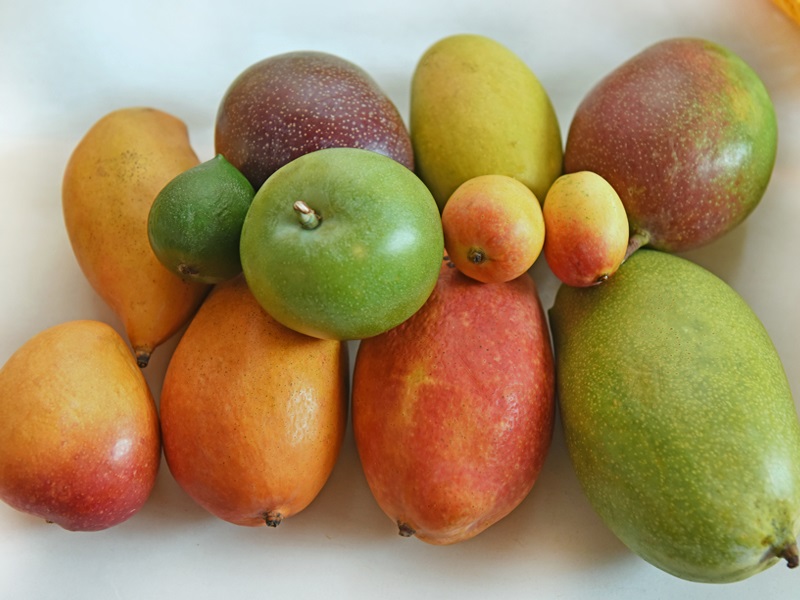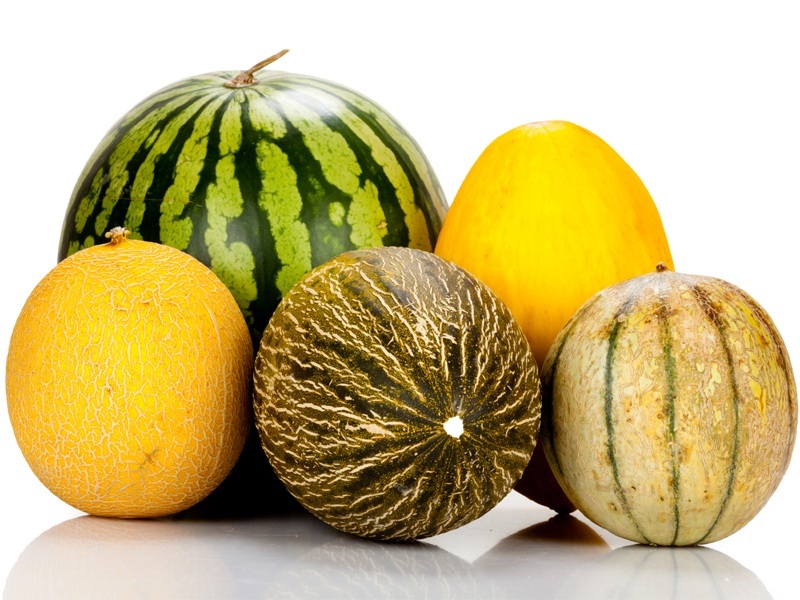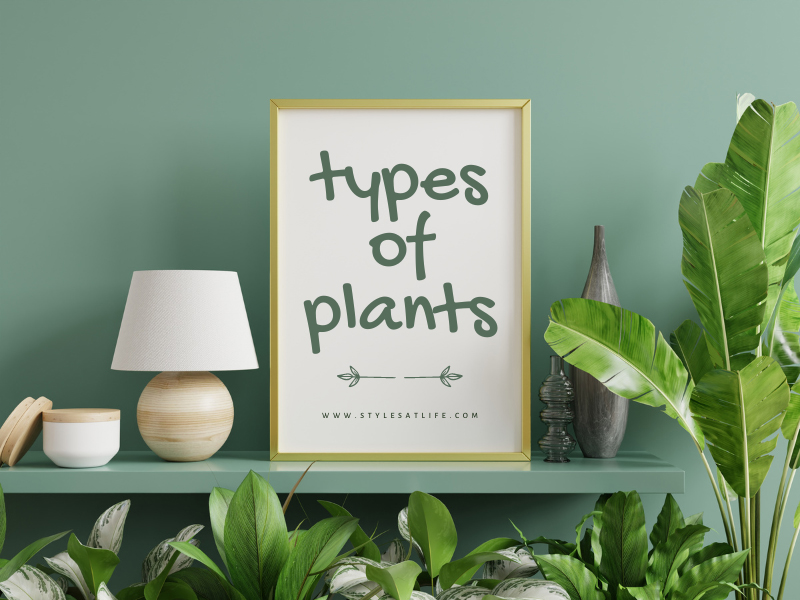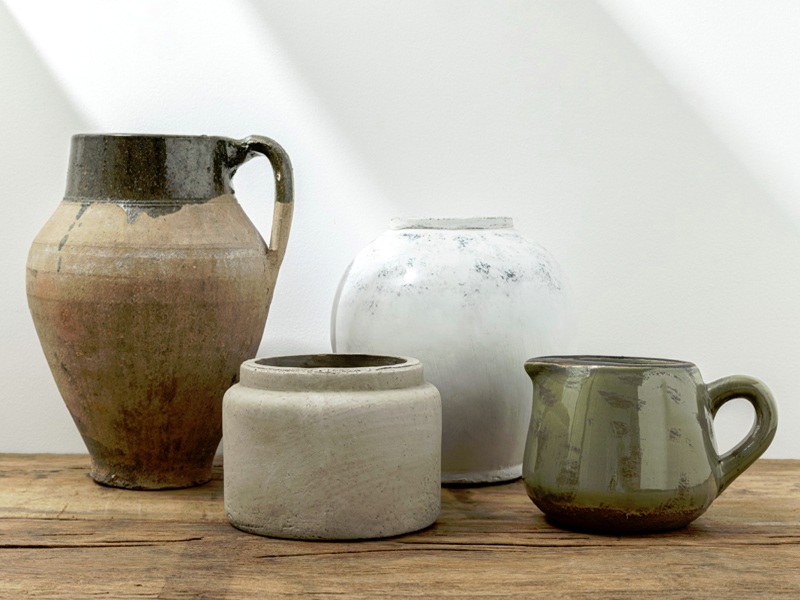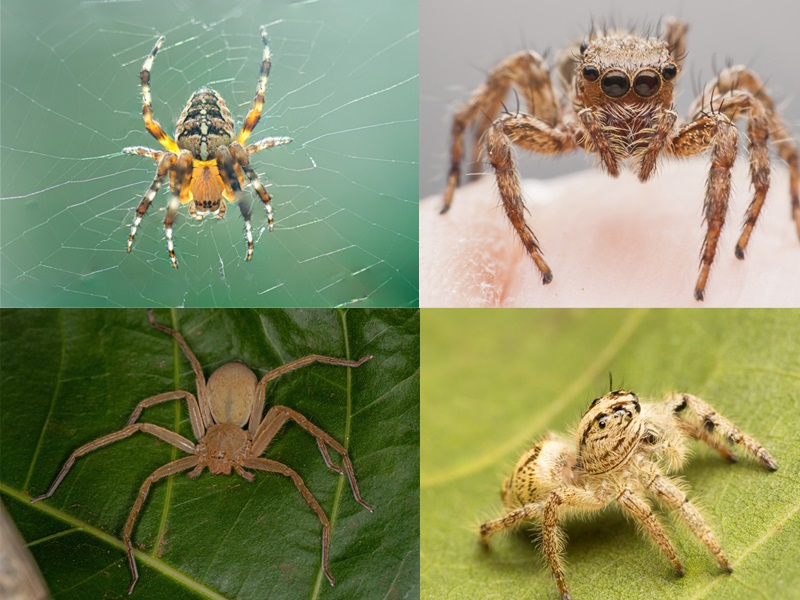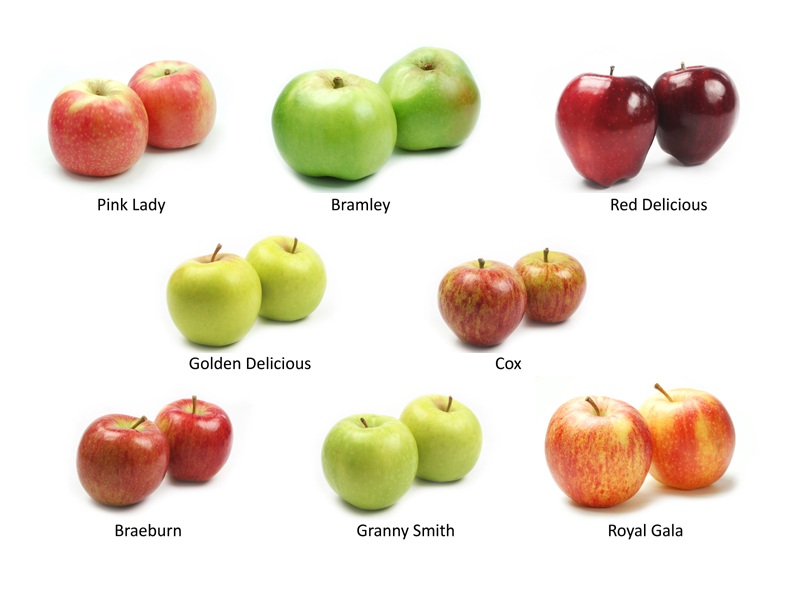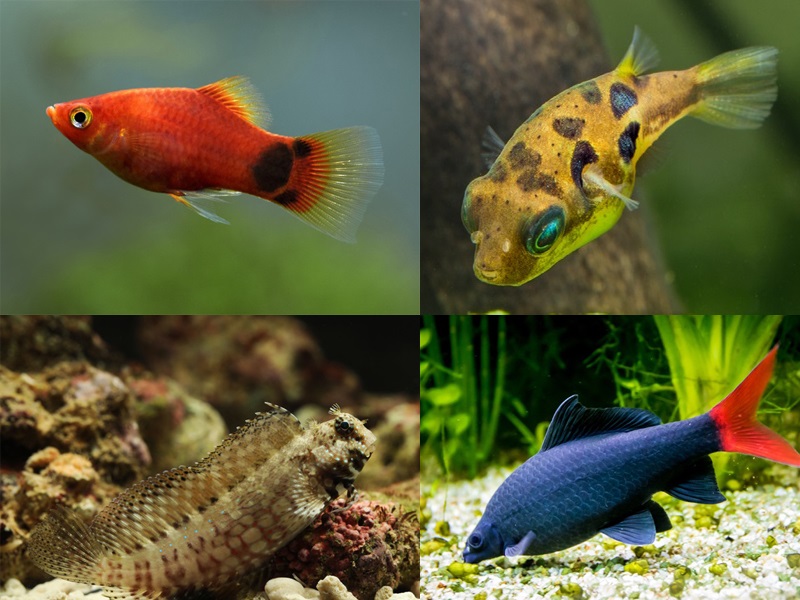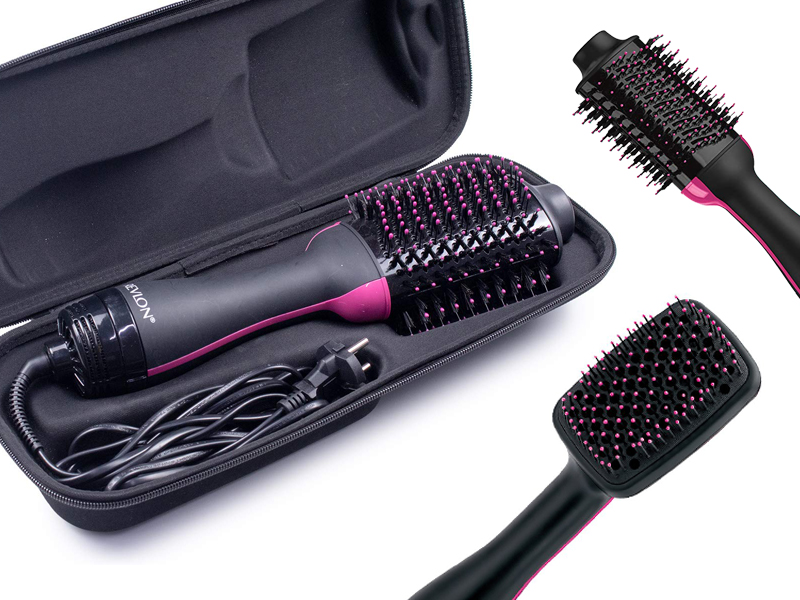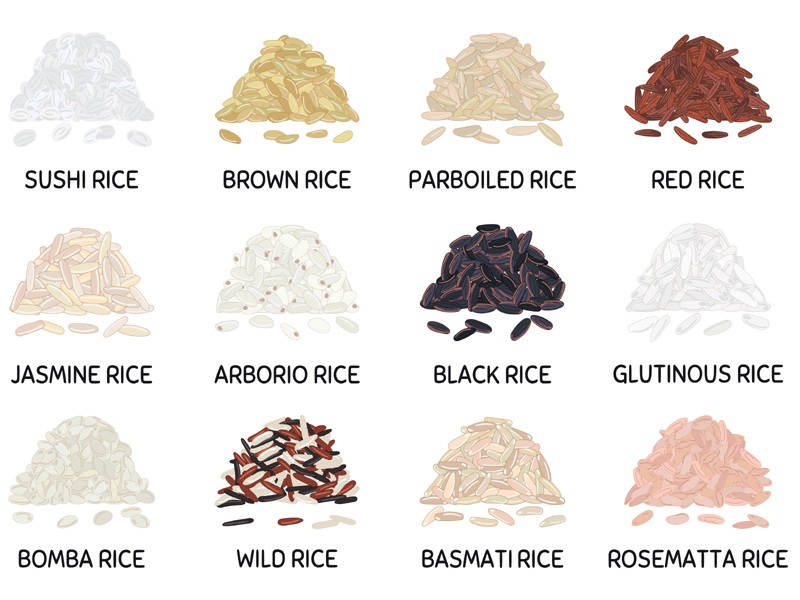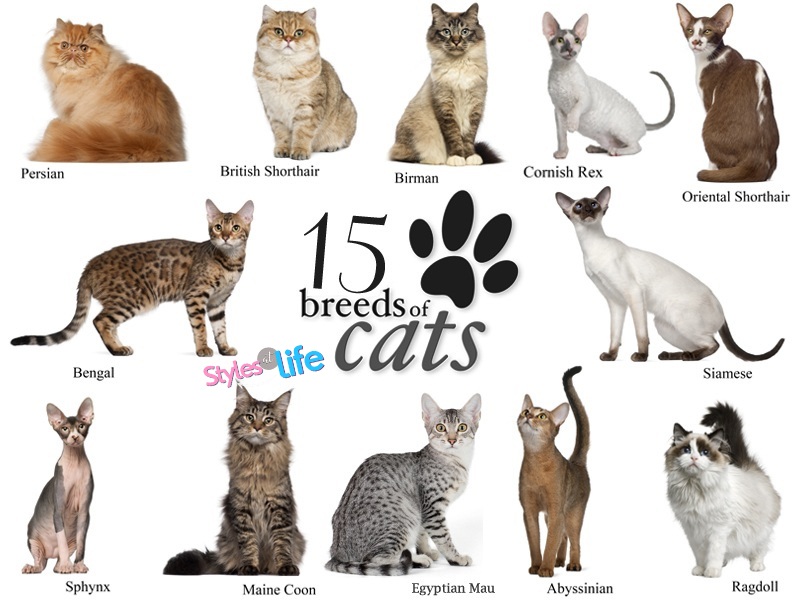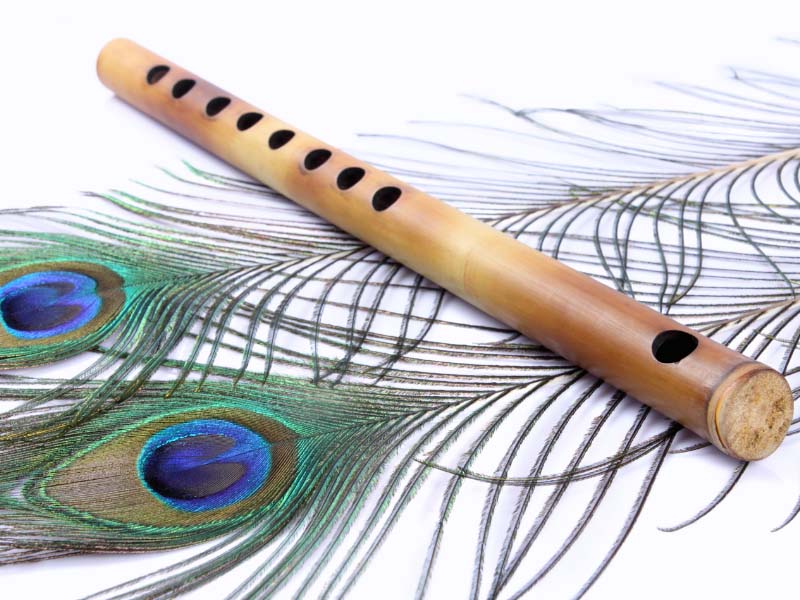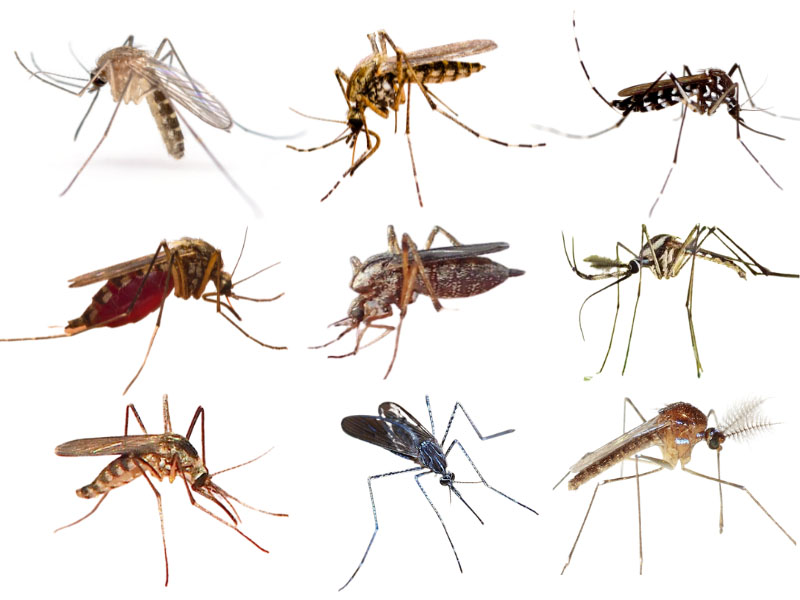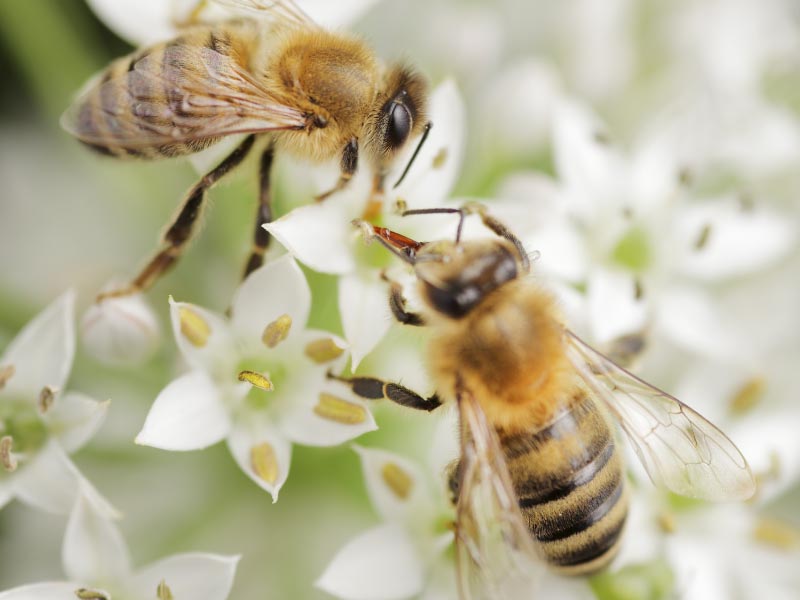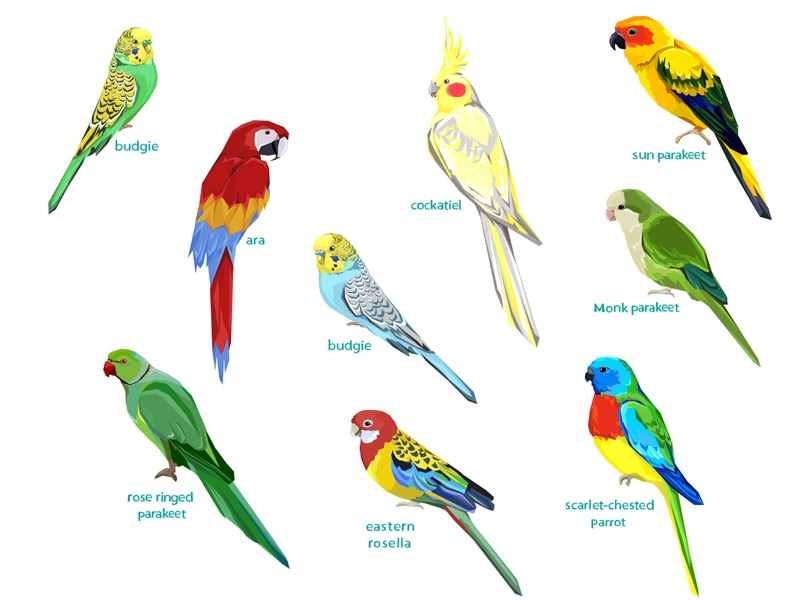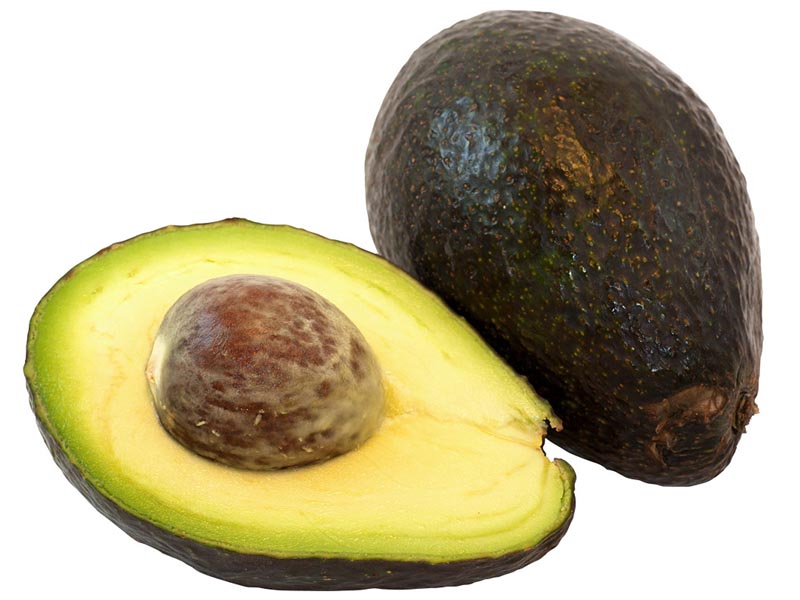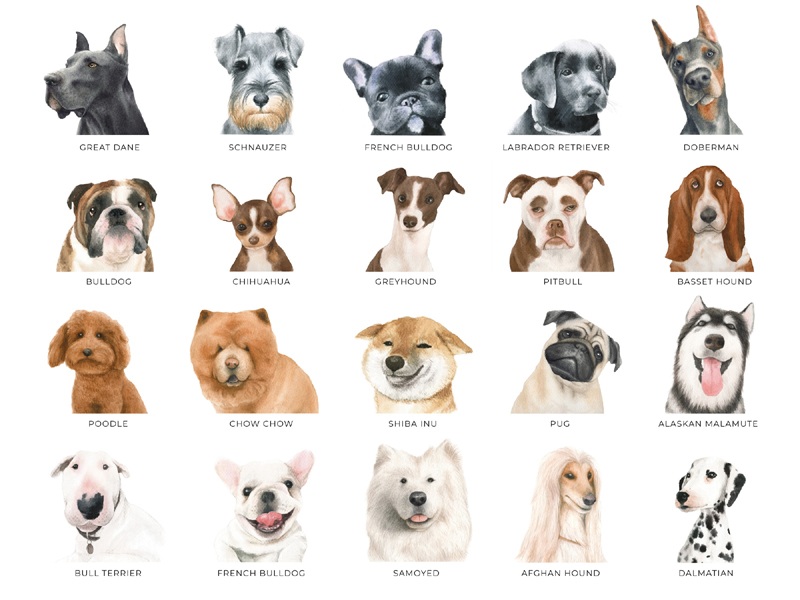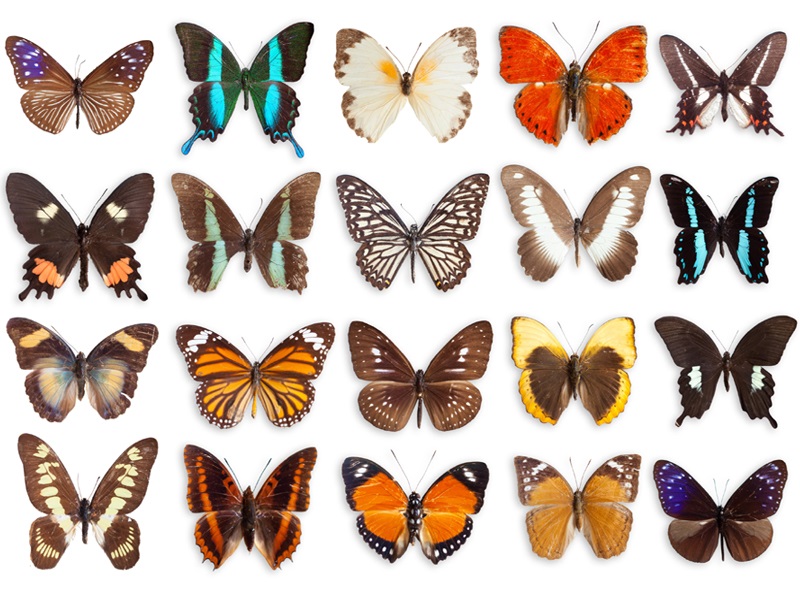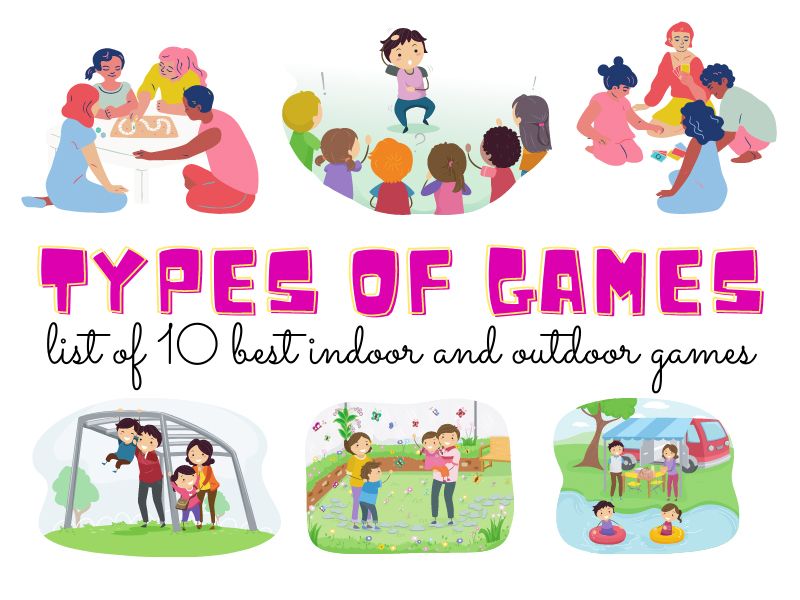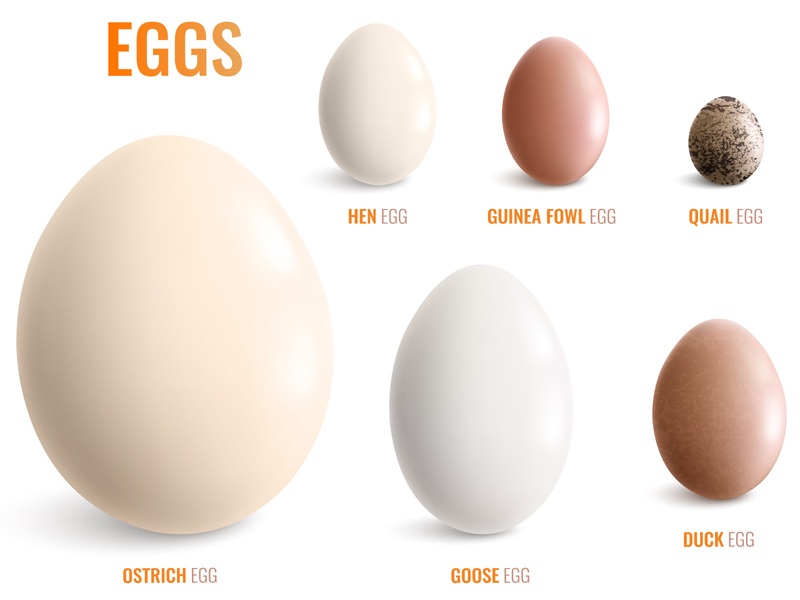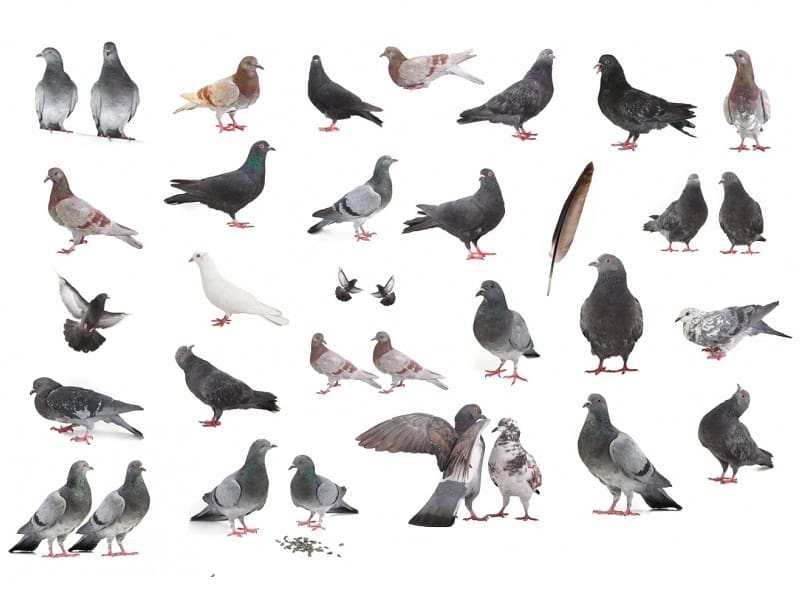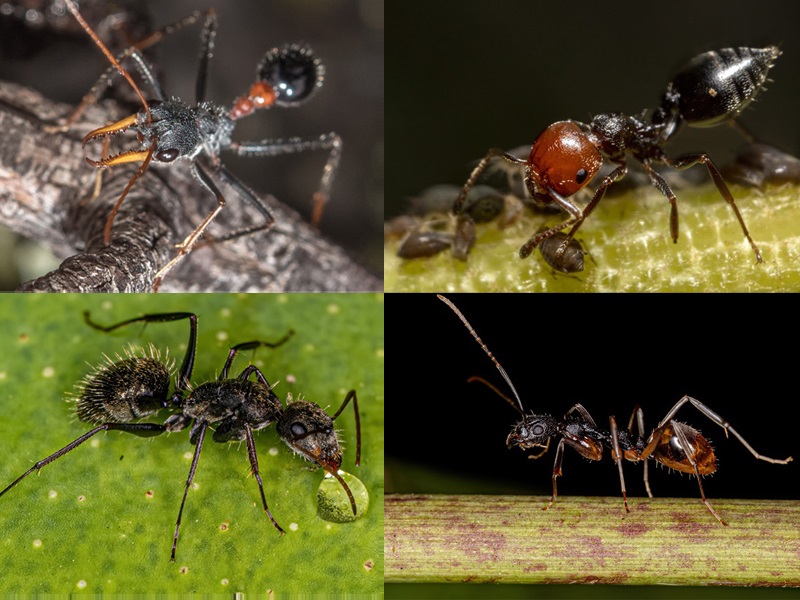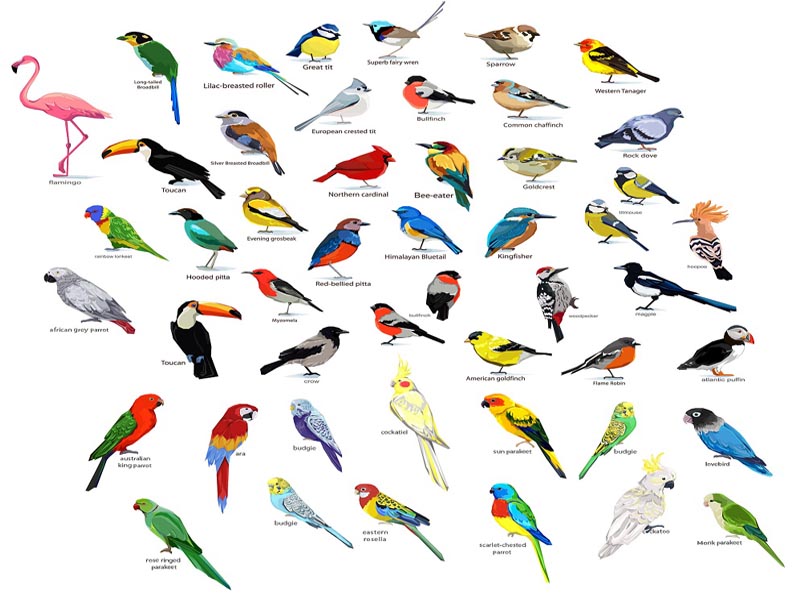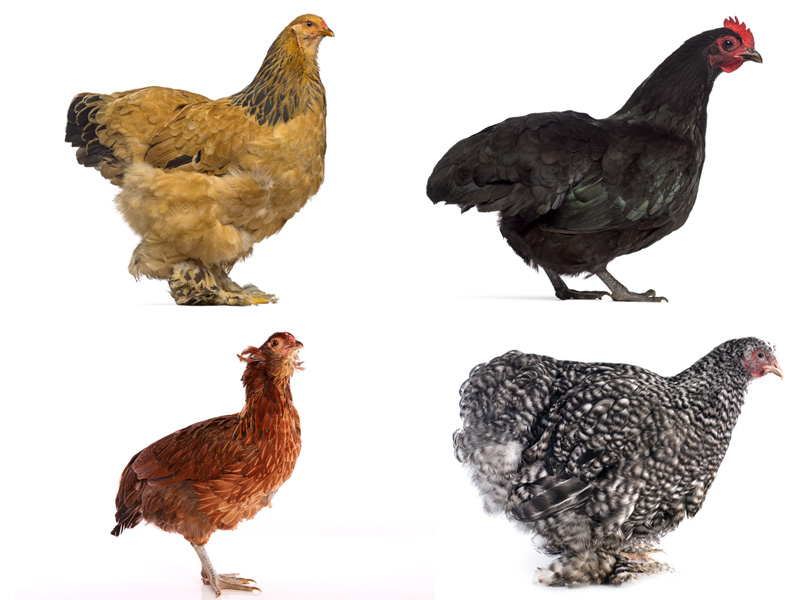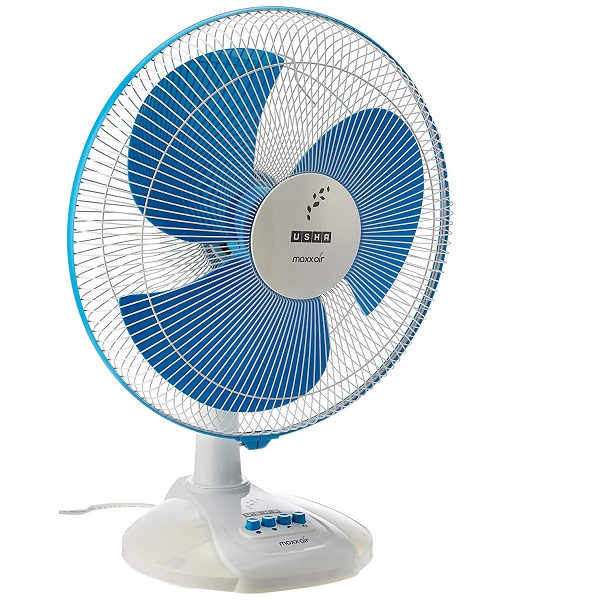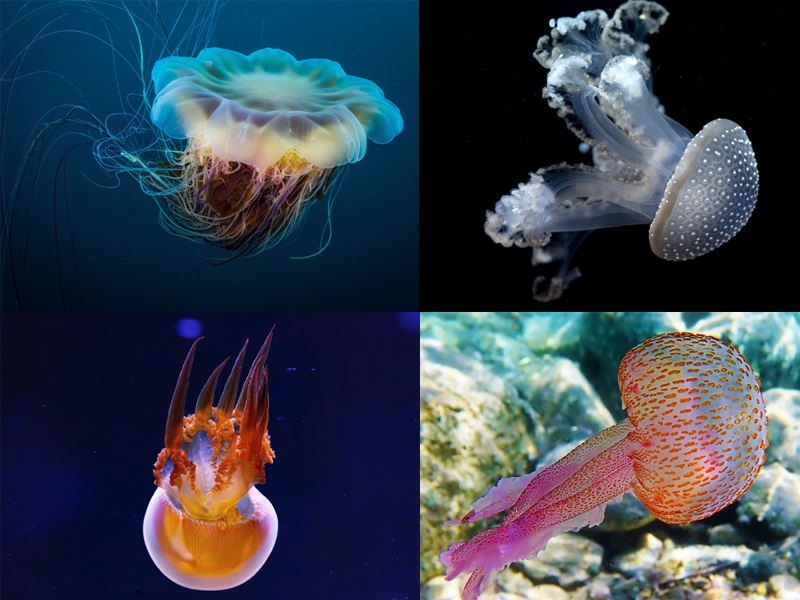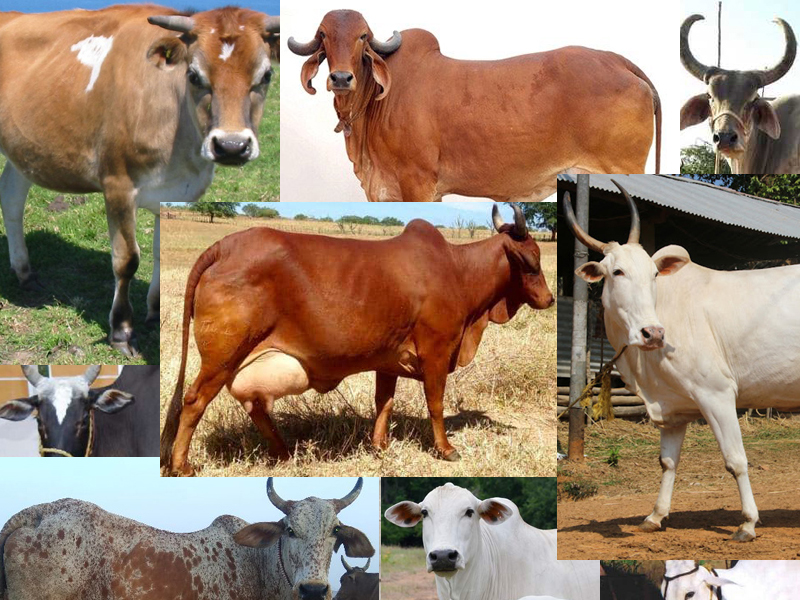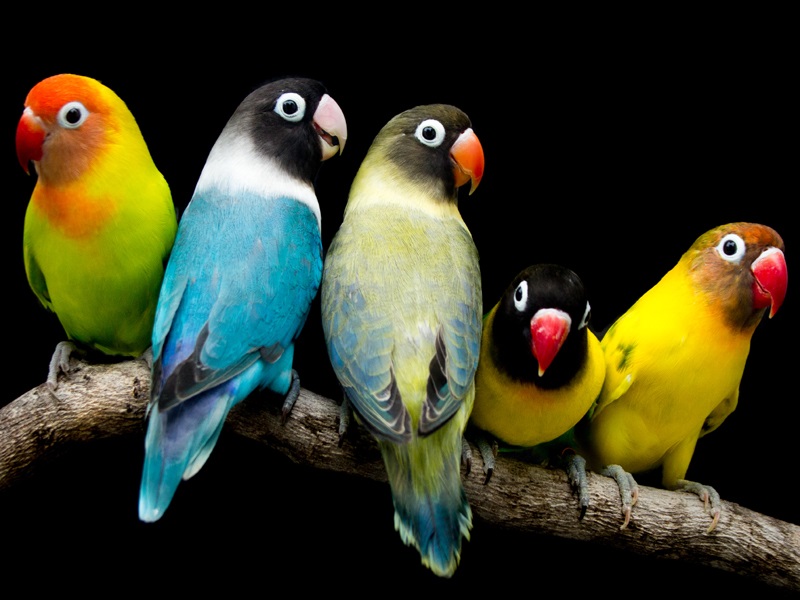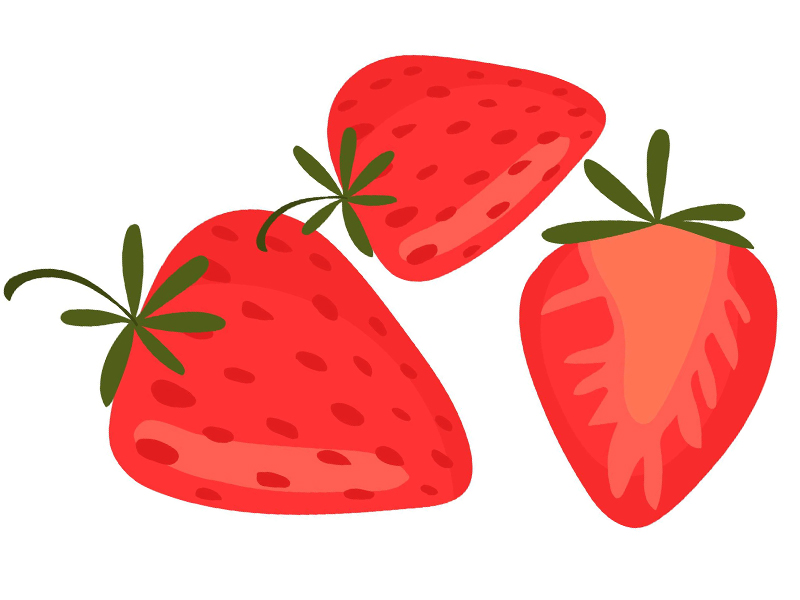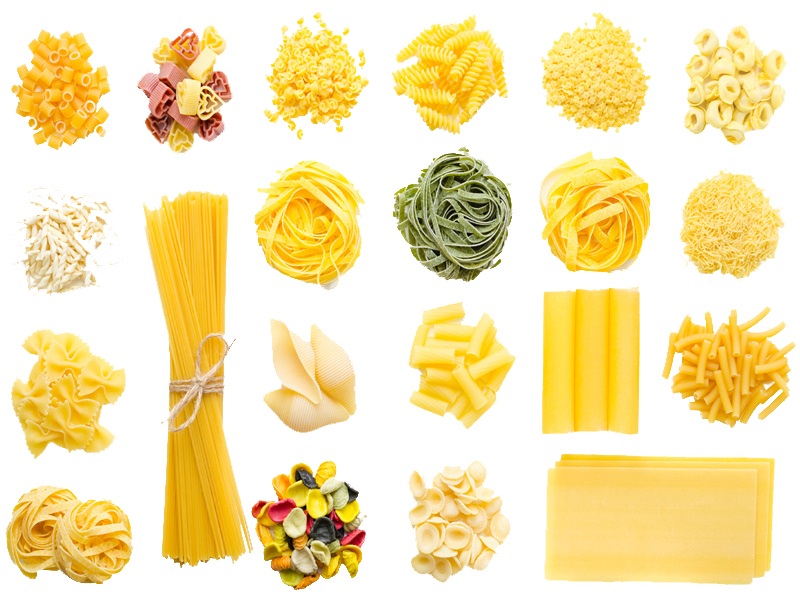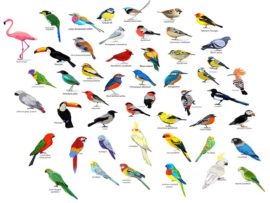Animals and Birds occupy a prominent position in the Indian culture and some of their species are worshipped as deities in Hinduism and other religions. However, in real life, their place was confined outside the realm of a human house, as the early Indians never has the “pet” concept. With the influence of western philosophy about animal love, Indians too started treating them as Inclusive beings and “family members”.
From dogs to fish, different varieties of species are adopted by people for company, security, entertainment and emotional support. No matter what your reason is, if you are planning to get a pet home, then you must read this article. Get to know some of the different types of pets in India, which you can own, along with a brief on their pros and cons.
8 Different Types of Pets for Indian Homes:
Here, we shall discuss the best kinds of pets to own among mammals, birds and other species of animals – with names, pictures and details.
1. Dogs:
Humans and dogs have a long-established emotional connection with each other. Dogs are extremely loyal creatures and stick to their owners forever. They offer the best company and almost behave like “young children” but with lesser responsibilities. India has some of the best indigenous dog breeds like Rajapalayam, which have sharp vision and offer great protection. But, our fascination for exotic breeds like Labradors and St. Bernards have pushed them behind in terms of popularity.
If you are planning for a dog, then here is a list of pros and cons:
Pros:
- Very active and enthusiastic creatures. They can keep the environment lively and treat depression problems.
- They make a great company and love you just like your own family.
- Most trained dogs are very gentle, even with children.
- They also protect your family and secure your house.
Cons:
- Foreign breed dogs need very high maintenance, which involves a lot of money
- Dogs need to be walked atleast two times a day to activate their bowls and keep control of weight.
- Delicate breeds have weaker immune systems and prone to sudden deaths.
- Female dogs can be a cumbersome affair, as you wouldn’t know what to do with the litter.
Read Also: Celeb Pets Names
2. Cats:
Cats are adorable, furry creatures, which can make for great pets. As per research, children who are in the company of a cat have shown better social skills and lesser anxiety problems. They are known to have excellent memory and zeal for constant learning. This is why you probably notice a curious kitten busy exploring a ball of wool. With the Cat-owners group growing large, there is also a rising demand for exotic breeds like the Persian cat, Himalayan Cat etc., which look and feel like soft toys.
Pros:
- Low Maintenance, unless it is an expensive breed like a Persian cat.
- Lesser noisy, compared to dogs. So, ideal for homes with babies and senior citizens.
- They can groom themselves and stay alone if you leave sufficient food and water.
- Highly independent creatures and don’t need special attention.
Cons:
- Cats are known to give more allergies in young children and asthma patients.
- Foreign cat breeds need a temperature-regulated environment to live long
- They have loyalty issues and may abandon the owner
- Cats have mood swings and can attack the owner also, if threatened.
See More: Types of Cat Breeds
3. Rabbits:
Rabbits are adorable animals and affectionate pets. They are very soft, cuddly and very child-friendly. Unlike other animals, rabbits do not usually display aggressive behavior and are easy to tame. They are also very interactive and can be trained to match your personality. The best part of filling your home with bunnies, is their charming nature which can add positivity to your life. Before you decide on getting a pet rabbit, here are some aspects to know about:
Pros:
- Rabbits are gentle creatures and are not as demanding as cats or dogs
- Even a small house can easily accommodate rabbits
- Have a life span of a minimum 5 years to maximum 12 years, depending on the maintenance
- Not noisy at all and usually entertain themselves
Cons:
- If not litter trained, can release a foul smell in the area
- Maintenance can be high when you have a group of rabbits in the house.
- Very fragile creatures and are prone to physical trauma due to mishandling
- Some breeds need a specific diet like alfalfa, fresh grass and carrots, which can be expensive
4. Parrots:
If you need a companion who can always keep you entertained, getting a pet parrot can be a great idea. Parrots undoubtedly one of the most intelligent bird species which quickly respond to human commands. These birds also have fine mimicry skills to imitate sounds of people and animals near them. Especially in small homes and apartments with space constraints, a parrot can be easy to handle and maintain.
Pros:
- Parrots are unobtrusive and also easy to handle, compared to furry animals.
- They can be easily trained to perform small activities for entertainment
- These birds have a relatively higher life span and stay loyal with their owners
- Their human-like behaviour can keep loneliness and depression away
Cons:
- Parrots can easily catch bacterial infections and need special medical attention
- They are very noisy and can create a disturbing environment
- If threatened, parrots are known to escape from their cages
- These birds are very messy and constantly need the love and affection of their owner, else they can undergo psychological stress.
5. Love Birds:
Love Birds are perhaps one of the most adorable and popular bird pets ever. They are small-sized, brightly coloured birds, with a cheerful personality. Due to their loving and affectionate nature for their companions, they get the name “Love Birds”. They belong to the family of parrots, but the physical differences earn them a separate breed status. Typically, love birds exist in groups and cannot lead isolated lives.
Pros:
- Can stay inside small to medium-sized cages, depending on the number of birds.
- Easy to maintain them in compact-sized homes and don’t demand large flying areas.
- They love to sit on the shoulders of their owners and cuddle up whenever possible.
- Due to their friendliness, it is very easy to establish an emotional bond with them.
Cons:
- Love birds are very noisy and make shrilling sounds that can get annoying
- As with any bird species, love birds need constant attention from their owners.
- They have a high probability of contracting an infection from their peers, which can result in mass deaths or illnesses.
- Some of their breeds need a special diet that can be difficult to afford and arrange every day.
Read: Different Love Bird Species
6. Canary Singing Birds:
What if you could get a pet that looks cute and sings as well?! That’s right! The bright yellow, Canary birds produce a typical chirping sound, which sounds like a melodious song. These tiny little birds are packages of entertainment and cheerfulness. Unlike the large birds like parrots, Canaries are not priced very high and can be easily managed. They also have lesser aggression levels and child-friendly pets.
Pros:
- They can easily fit into a small sized cage and handled easily
- The “songs” of canaries have shown positive effects on those dealing with lonliness and mental disorders.
- The colors of these birds fill a space with visual beauty
- They rarely attack and bite.
Cons:
- Canaries are usually very loud. So, if you a peaceful house, they might not be a great idea.
- They constantly demand your love and attention.
- You must get them off the cage for some time to fly and stretch their wings out.
- Canary birds need a fresh diet, with the grit removed. Feeding them on hard particles can give them sickness and even deaths.
7. Fish:
According to certain studies, it is known that fish have calming effects on the mind. They make exceptionally good pets for those who cannot afford big animals or large living spaces. Depending on the area of your home, you can choose the right size of the fish tank and the number of creatures in it. They also come in different sizes, shapes, colors and varieties based on the budget. Unlike other animals or birds, fish don’t demand any special attention and stay confined to the tanks.
Pros:
- Fish are not noisy, violent or litter the house.
- They are very quiet and do not display any destructive behaviors.
- Feeding fish and watching them move around can have a therapeutic effect on the minds.
- They don’t need special attention from their owners and can live with proper care and food.
Cons:
- Fish feeding must be done on a timely basis. Overfeeding or underfeeding can be dangerous for them.
- The tanks must be cleaned regularly to avoid infections.
- The water temperature, pH levels must be suitable for the fish. Even a slight change can lead to sudden deaths.
- Beginners need to have a thorough understanding of the different types of fish breeds and their unique requirements.
8. Guinea Pig:
Cute and pocket-sized, Guinea pigs are one of the most lovable pets. These furry creatures belong to the rodent family and fall under the “exotic” pet animal category. Their living conditions are similar to those of rabbits. However, guinea pigs are not as delicate as them and also have a higher life expectancy. Their “yawns” and “purrs” are way too adorable and you are very likely to develop cute aggression.
Pros:
- These creatures are easy to maintain and generally very healthy.
- They don’t demand expensive diets like rabbits and can thrive on hay, vegetables and water.
- Guinea Pigs are extremely friendly and kid-friendly pets.
- Their unique behaviors like “Popcorning” are sure to entertain you and bring a smile on your face.
Cons:
- If you are planning for a pet guinea pig, then make you have a decent space to accommodate a big cage.
- Regular cleaning of their compounds is a must to avoid infections and contamination.
- They release a foul smell, especially when you forget to wash and clean them.
- You can also expect high maintenance costs, in terms of vets, cage setup.
Before you get one of these amazing pets home, you need to ask yourself a few things – Can I stay committed to them? Do I have the time to spend with them? Does this pet suit my current lifestyle?. Pets are not status symbols or objects of glory. They are living beings just like us and need love and affection. So, make all the necessary planning and analysis before adopting or buying a pet to create an enjoyable bonding.


